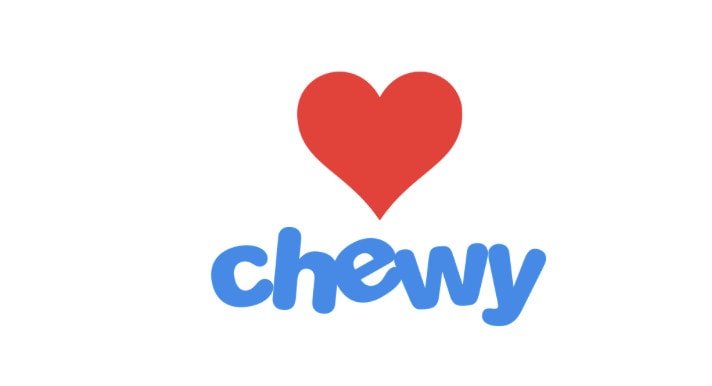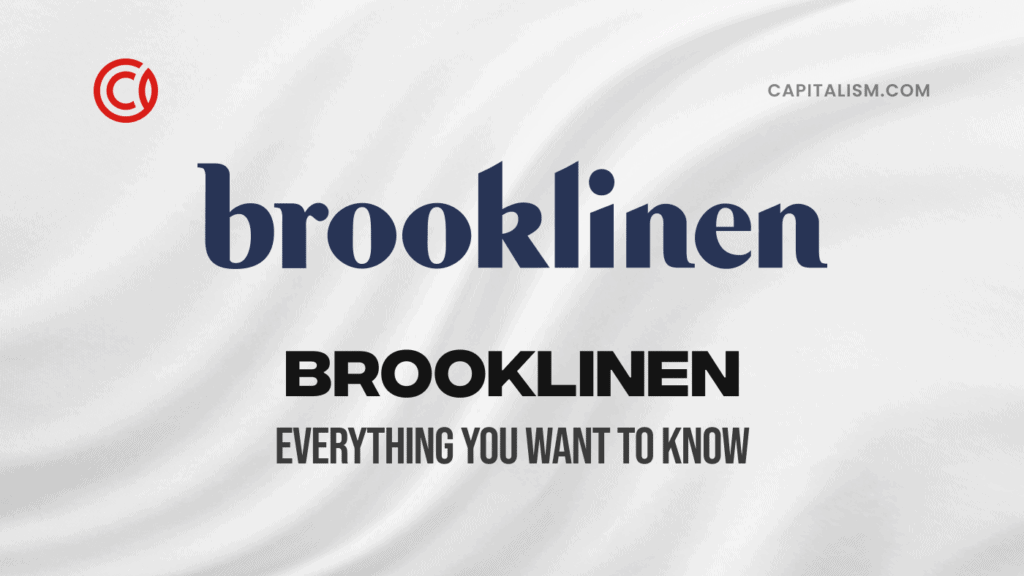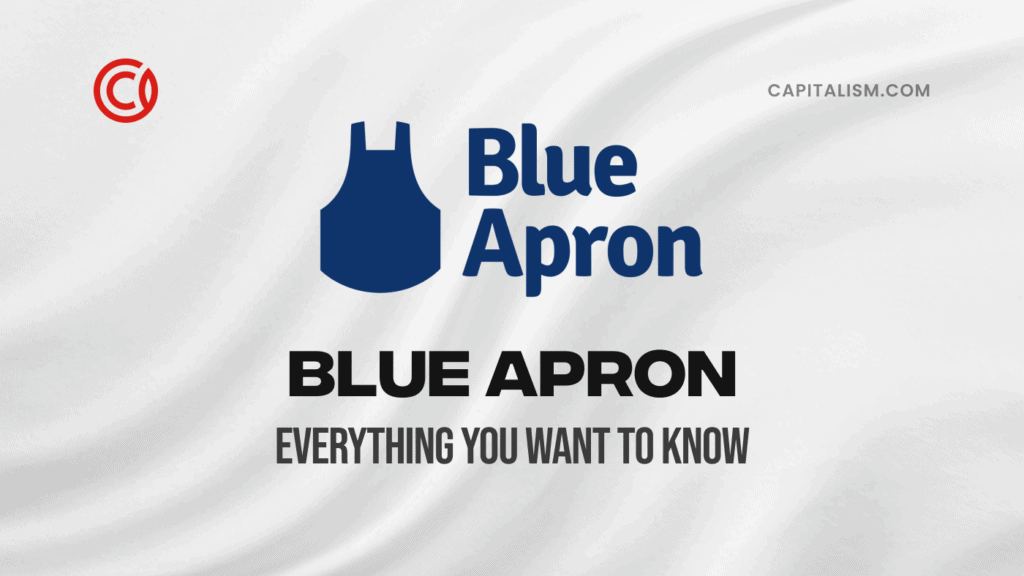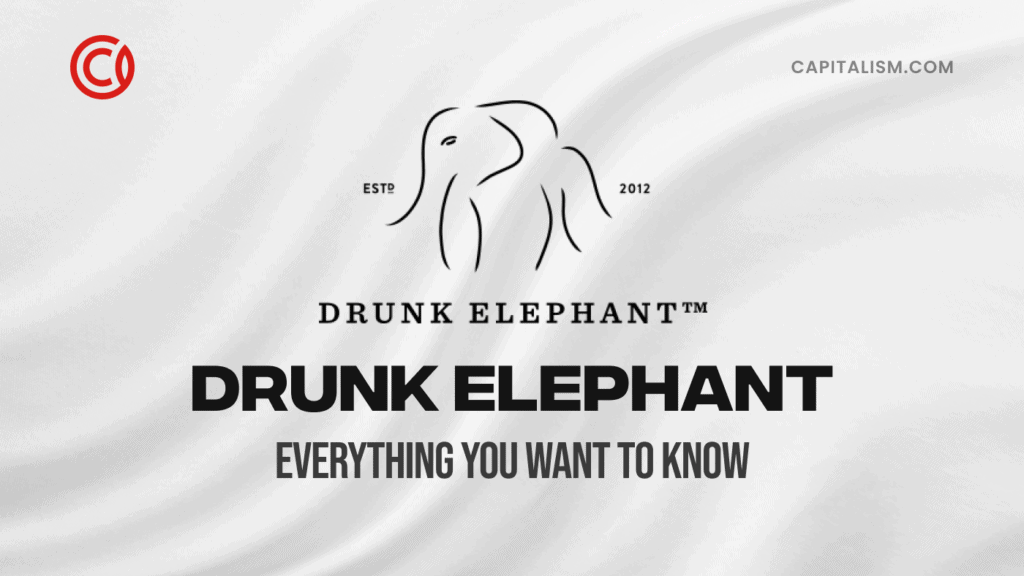Can you count the number of companies sending customers free custom paintings of their pets? Probably only one, and that's Chewy.
Chewy is an online pet food and supplies retailer valued at nearly nine billion dollars. But this wasn't always the case. Before this, Chewy was a small startup that had to navigate many hurdles — securing financing, facing competition, and dealing with growing pains. Then one of its biggest competitors bought it in the largest ecommerce acquisition of its time.
Let's learn how Chewy did it and what entrepreneurs can learn from this pet supplies startup.
Chewy is Serving Up Pet Supplies and a Startup Success Story
Chewy's Highlights
- Launched in 2011 by Ryan Cohen and Michael Day.
- Cohen and Day struggled to secure private investment due to Amazon's massive presence in the online marketplace.
- Increased its brand reputation thanks to its unique branding and excellent customer service. Unique personal touches include personalized hand notes and oil paintings of pets.
- Chewy built warehouses to fulfill orders more quickly, sent personalized hand notes, and even oil painting of pets.
- In 2017, PetSmart acquired Chewy for $3.35 billion, the largest ecommerce acquisition at its time.
- Currently a publicly traded company valued at $10.2 billion.
Chewy Company History
From a small startup to a multibillion-dollar company — let's dive into the history behind Chewy.
Chewy co-founders initially decided to sell jewelry

Let's start with Ryan Cohen. This guy has been hustling since he was thirteen years old. Already, he was building websites for family members and local businesses. It wasn't long until he pivoted to affiliate marketing.
While cruising design and computer programming online communities, Cohen met Michael Day. The pair hit it off and started collaborating on business ideas.
Ecommerce was quickly growing, and Cohen and Day wanted to make their mark. After brainstorming, the pair decided to enter the online jewelry industry. With just the two of them, they:
- Built a website
- Set up delivery systems
- Secured inventory and storage
Everything was ready until Cohen encountered a moment that would shift their entire business.
Cohen's epiphany at the local pet store
One week before their scheduled launch, Cohen was shopping at his local pet store with his dog, Tylee. He suddenly realized that he didn't care much about jewelry. What Cohen did care for was his dog and being a good pet owner.
Looking around, he understood he wasn't alone. There were fellow dog and cat parents who were also concerned for the well-being of their pets.
Inspiration struck.
This was the opportunity he and Day had to seize.
"I think I was uniquely qualified to really understand that emotional bond," he said. "I grew up having pets, and my pet was always there for me unconditionally. So I just knew how strong it was and how fanatical pet owners are," Cohen told Business Insider in an interview.
From jewelry to pet food and supplies
The partners agreed to pivot to the pet industry. Despite all the groundwork they already laid out, they liquidated their inventory. They sold all the rings, necklaces, and even the safe they used to store the jewelry.
After doing more research into the pet industry, Cohen and Day built a new website. Then they found a local distributor and partnered with a third-party logistics company. Keep in mind they were operating a lean enterprise. They were relying on personal cash reserves and small loans.
In 2011, Cohen and Day co-founded Chewy — just six months after that pet store epiphany.

Standing out amid the market saturation
Chewy was facing stiff competition. Amazon, at this time, was already building its Prime membership base and expanding its infrastructure. This didn't discourage Cohen or Day.
"They are the everything store," Cohen said. "It feels like when you're shopping with them, you're shopping at an online flea market."
Cohen saw that other retailers, like Zappos and Wayfair, were thriving within their respective niches. Chewy could be the go-to brand within the pet industry.
Making impeccable service synonymous with its brand
Exceptional customer service helps the brand build lifetime relationships with its customers. Chewy has expressed this sentiment through hand-written cards.
"We have hundreds of card-writers. We sent out 5 million last year," Cohen said to Sun-Sentinel.
They're also famous for surprising customers with custom oil paints of their pets. According to Bored Panda, one touching moment included sending a man an oil painting of his dog after he requested a refund due to the dog dying.
Acts like this show Chewy truly cares. And it's experiences and stories like this that help them build such a loyal customer base.
"I thought if I could deliver the same kind of personalized experience as the neighborhood pet store, but do it online and deliver a really convenient value proposition, that we could build a really big business," Cohen told Business Insider.
Securing additional capital (the struggle was real)
Cohen needed to raise capital to expedite the company's growth. Cohen flew to Silicon Valley and approached multiple VC firms. He even went door-to-door on Sand Hill Road, an iconic street in Silicon Valley.
No luck.
People didn't want to invest because there was already Amazon. "We literally got turned down from over 100 people because of this one company," Cohen said.
Then enters Larry Cheng of Volition Capital. Cheng didn't invest at first. Six months later, Chewy impressed him after beating sales projections. Cheng invested $15 million.
Chewy underwent additional rounds of financing. The company was growing quickly, and Cohen figured it was time to scale. He decided to invest capital in building Chewy's fulfillment centers in-house.
Fulfilled by Chewy (Like Amazon, but for pet supplies)

Chewy was consistently delivering 300% growth year after year. Unfortunately, their third-party logistics company was unable to keep pace. Orders weren't fulfilling properly, and customer experiences were suffering.
Cohen wanted to follow Amazon's lead and fulfill their own orders. After scouting various sites, they decided to establish a fulfillment center in Pennsylvania. In the summer of 2014, the company opened its 400,000-square-foot- fulfillment facility.
However, they faced a lot of growing pains.
"Although we managed to get up and running in less than six months, it certainly wasn't easy. Everything that could go wrong did," Cohen recalled.
Chewy faced staffing problems, defective scanner guns, and spotty software and Wi-Fi. It took a while for Chewy to get things running smoothly.
After smoothing out the wrinkles, this business move positioned Chewy for greater success. By 2016 Chewy made some remarkable achievements:
- $901 million in revenue
- 7,000 employees
- Six warehouses (with plans to add another two within the year)
In 2017, Chewy also launched American Journey, a Chewy-exclusive brand. Customers could now purchase Chewy dog food and Chewy cat food.
Chewy competitors reach out
Chewy was reporting strong numbers — this led the Chewy team to prepare for the company's IPO. Before going public, Petco approached Chewy to discuss a merger. However, the two companies were unable to agree.
Then, PetSmart reached out in 2017. As a top competitor to Chewy, Cohen wasn't going to relent so easily. "We weren't going to give away our proprietary information and start a lengthy due diligence process."
After deliberation, both parties reached an agreement. In 2017, PetSmart acquired Chewy for $3.35 billion. At the time, this was the largest e-commerce acquisition in history.
Chewy's rising revenues and IPO
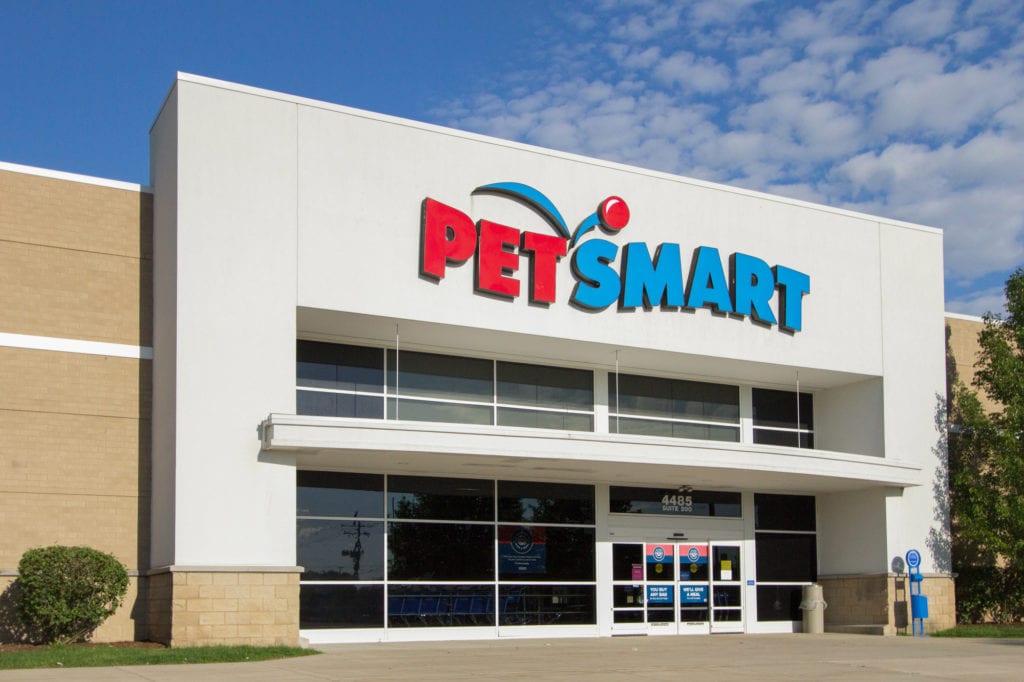
After Chewy's acquisition, the online retailer continued growing. By 2018, Chewy hit $3.5 billion.
In June 2019, Chewy went public with a valuation of near $9 billion. Chewy's IPO was priced at $22 per share and sold nearly 46 million shares. (Although Chewy went public, PetSmart still owned 70% of its stock with 77% voting power.)
Chewy is still doing remarkably well in 2021. Chewy stock is trading at a valuation of over $43 billion in 2021, according to Business Insider.
Chip and Company recently reported Chewy's partnership with Disney. Together, both brands launched a Disney pet collection. The collection features hundreds of Disney-themed toys, leashes, collars, and more.
Where is Ryan Cohen Now?
In March 2018, Cohen stepped down from Chewy. He felt he had accomplished everything he set out to do.
"I was no longer in full control. And I didn't want a boss. I'm a business builder, not a manager. My work was complete," he shared with Harvard Business Review. Cohen felt he was more interested in helping build his startup and growing it to the heights it did.
"The journey was far more exciting than getting to the finish line. I relished the challenges of disrupting an entire industry and trying to delight customers to a degree that had never been achieved before."
From jewelry to pets to gaming
It seems Cohen is now looking to make waves in the online gaming industry. Cohen recently acquired a 12.9% stake in Gamestop for $76 million. He petitioned GameStop's board to execute a strategy that would position GameStop as a "specialized e-commerce retailer of gaming products," according to Business Insider.
GameStop was certainly open to Cohen's proposal. They granted him three seats on the board of directors.
What is Ryan Cohen's net worth?
Ryan Cohen has a net worth estimated at $1 billion, according to Celebrity Net Worth. Entrepreneur reports Cohen's net worth at $1.7 billion.
Chewy FAQs
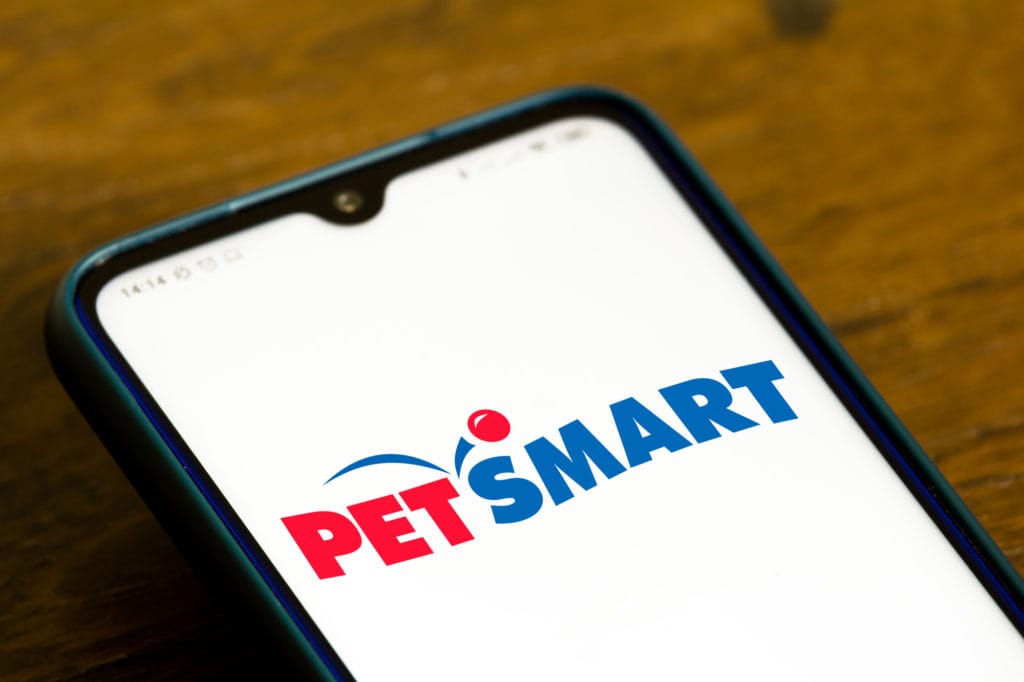
Does PetSmart own Chewy?
PetSmart acquired the Florida-based Chewy in June 2017. When Chewy went public in 2019, PetSmart still owned 70% of the company's stock.
How much is Chewy a month?
Chewy does not charge a membership fee to create an account.
Why did PetSmart buy Chewy?
In 2016, PetSmart Inc. store sales were declining. BC Partners, the entity that acquired PetSmart in 2015, realized they couldn't compete with Chewy's online specialty pet store experience. Instead, BC Partners decided to purchase the e-commerce startup that was siphoning online sales from PetSmart.
Where is Chewy shipped from?
Chewy ships from warehouses located across the United States, including Arizona, Nevada, and Texas.
Does Chewy send free stuff?
Chewy is famous for sending complimentary items, including handwritten notes and oil paintings of pets. Chewy has sent more than 1,000 free paintings, even during the pandemic, reported ABC News.
The Bottom Line
Whichever business venture you decide, take a note from Cohen:
"The focus isn't on making one-off transactions but on turning customers into lifelong clients. The idea is to 'wow' the customer and to provide a delightful experience where they would never dream of shopping elsewhere."
Offering value and serving your customer is the core of any enterprise's success. Learn how to do that, and you're on the right path to building the business you want.
